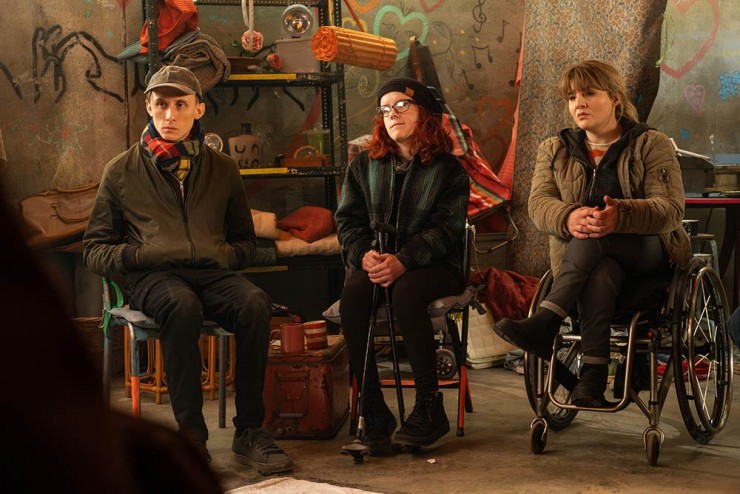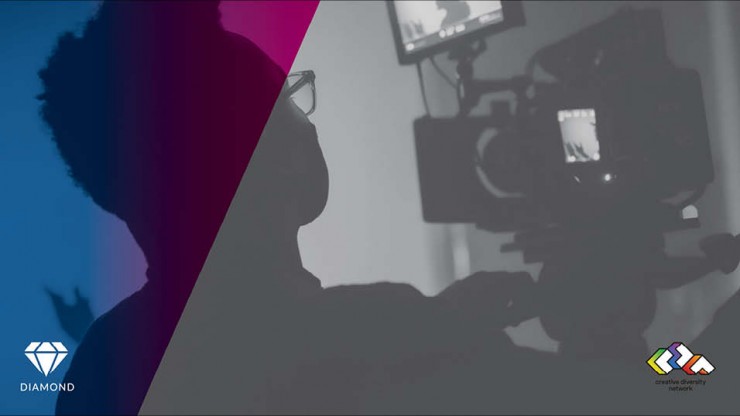Deaf people working in film and TV in the UK have overwhelmingly experienced discrimination in the workplace, are earning less than their peers and are pigeonholed into specialist programming, according to a report.
In a study of around 60 deaf creatives, entitled Unmuted: Experiences of deaf film and TV professionals in the UK media industry, researchers from the Sir Lenny Henry Centre for Media Diversity found that 98% of respondents had faced discrimination and 43% had been bullied in some form.
Some 83% of respondents said they wanted to work on mainstream productions, but just 2% said there are enough opportunities to do so, with work limited to specialist shows such as the BBC's See Hear! [pictured].
“The BBC and ITV, despite hiring deaf staff for decades, they still find it difficult to imagine employing their deal staff in any of their-non deaf programming,” one said.
Tokenism was identified by 62%, and 31% said they found training inaccessible. Just 5% believe there are sufficient resources and opportunities for deaf film and TV industry professionals.
Meanwhile, their average incomes are between £20,000 and £24,000, less than 60% of the industry average of £37,320 to £40,000.
Almost two-thirds – 64% - said they had multiple or additional roles outside of their main job, and a quarter – 24% - needed, or wanted, extra work.
Currently, freelancers having to apply for a new grant for an interpreter for each new contract, which can take months to approve.
The report called on the Department for Work and Pensions to consider introducing a media industry-specific Access to Work framework to transfer the budget for this without a lengthy admin period.
According to the CDN's latest Diamond report, deaf people make up less than 1% of professionals working in film and TV.



